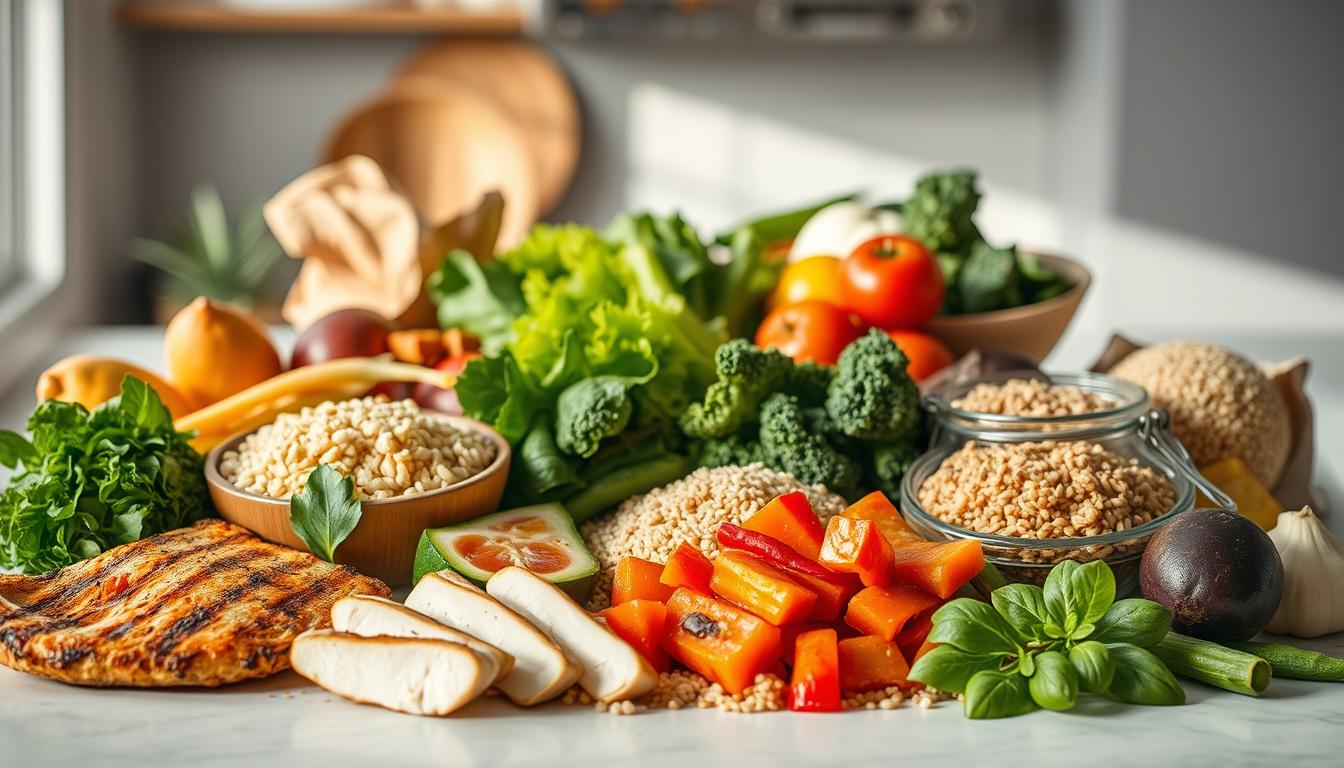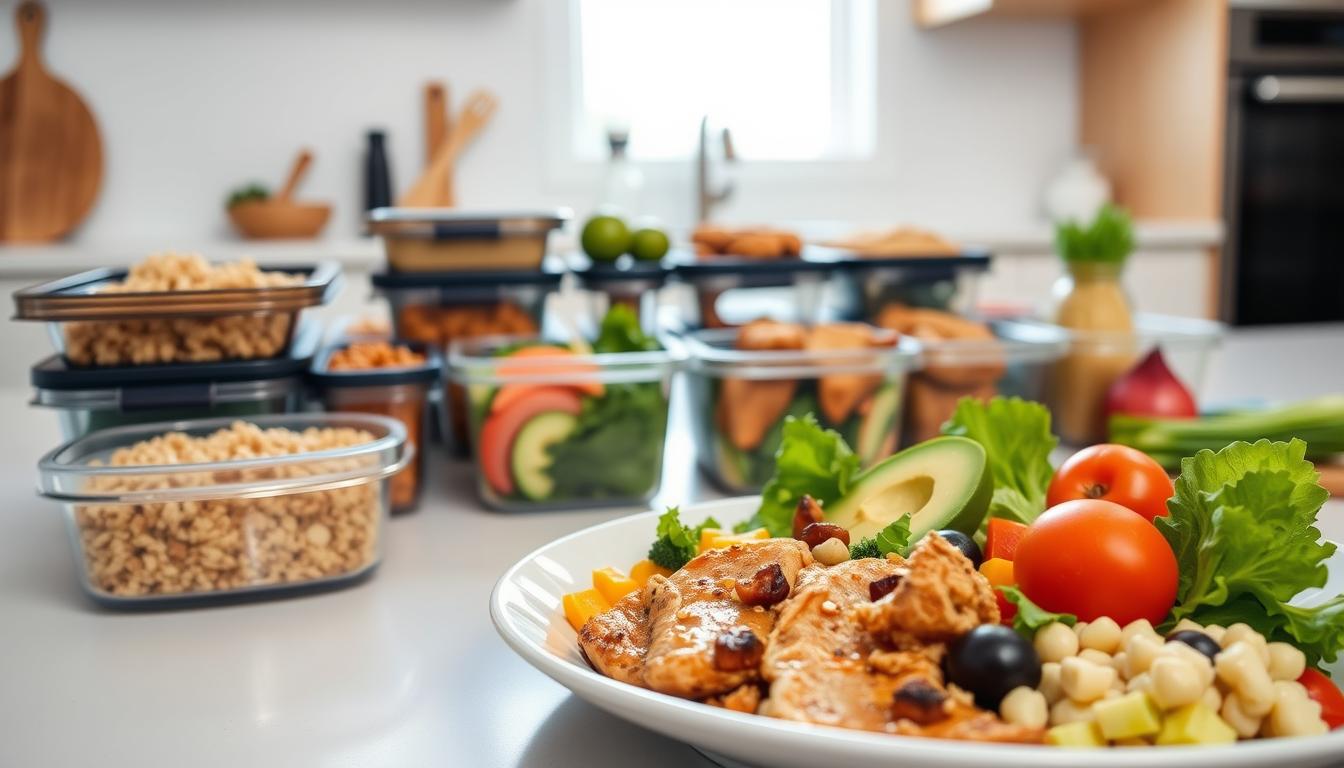Did you know that proper nutrition can significantly enhance your workout performance and recovery? For workout beginners, understanding the basics of nutrition is crucial for…
Fitness Nutrition for Beginners
Simple Meal Plan for Fitness Beginners
Starting a fitness journey can be challenging, especially when it comes to planning the right nutrition. Did you know that a well-structured meal plan can…

